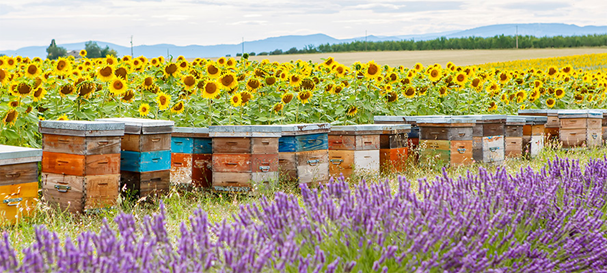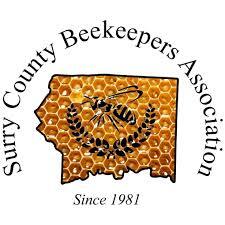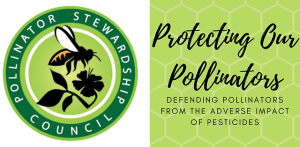How USDA APHIS Protects Pollinator Health

WASHINGTON, An invasive pest that directly attacks pollinators indirectly threatens plant health—and U.S. agriculture. That’s where USDA’s Plant Protection and Quarantine (PPQ) program comes in. The Plant Protection Act (PPA) authorizes us to regulate direct and indirect plant pests. That’s a critical responsibility when it comes to pollinators because bee pollination is responsible for $15+ billion in added crop value—particularly for specialty crops such as almonds and other nuts, berries, fruits, and vegetables. Think how boring and less nutritious our diet would be without these delicious foods!
Pollinators are important to our overall health and environment. They support healthy ecosystems that clean the air, stabilize soils, and support other wildlife. They are also vulnerable to invasive pests like parasitic mites, viruses, and predatory insects. With so much at stake, PPQ protects pollinator health in many ways.
Funding Critical Pollinator Health Projects
Over $2.4 million in Plant Protection Act (PPA) Section 7721 spending went to support honey bees and protect them from harmful pests and diseases. “PPQ will continue to administer the National Survey of Honeybee Pests and Diseases with PPA 7721 funds,” said National Policy Manager Anne LeBrun. “This survey helps us better understand the factors threatening our honey bees so we can take effective action to protect them and the crops that they pollinate.”
Survey samples will be collected from 39 States and 2 U.S. Territories, and the District of Columbia. Survey results will document which diseases, parasites, or pests of honey bees are present and/or likely absent in the United States. The results will help explain long-term trends, factors that drive bee health, and ways to safeguard U.S. honey bee populations. PPA 7721 funding has supported the survey since 2009.
Other pollinator projects funded through PPA 7721 include:
- Investigating the genetic diversity of the deformed wing virus, one of the most widespread viruses that infect honey bee colonies, in commercial beekeeping operations
- Studying Varroa mite (a parasitic honey bee pest) genes that make the mites resistant to mite-killing pesticides; the researchers will analyze the relationship between these genes and the level of miticide residue in honey bee colonies
- Developing and improving Varroa mite-resistant honey bee stocks in commercial beekeeping; these mite-resistant bees decrease the need for chemical use to manage Varroa mite infestations
- Surveying for wild and managed bees captured in sticky traps to understand the traps’ impacts on bee populations and to help ensure other PPQ safeguarding efforts don’t pose a significant threat to bees
Historically, PPA 7721-funded projects have also improved many aspects of early detection technologies and resources. “These projects have helped us develop or improve diagnostic tests and identification tools for pollinators in a wide range of taxonomic groups containing high-priority pests,” said Biological Scientist Todd Gilligan.
PPQ also enforces the Honeybee Act by regulating the importation of honey bees into the United States to prevent the spread of bee diseases and parasites. The regulation outlines conditions for the consideration of importing honey bees and other bees.
To read the complete article go to; How USDA APHIS Protects Pollinator Health | Community | cannonbeachgazette.com
Contacts:
Cecilia Sequeira, 301-851-4054








